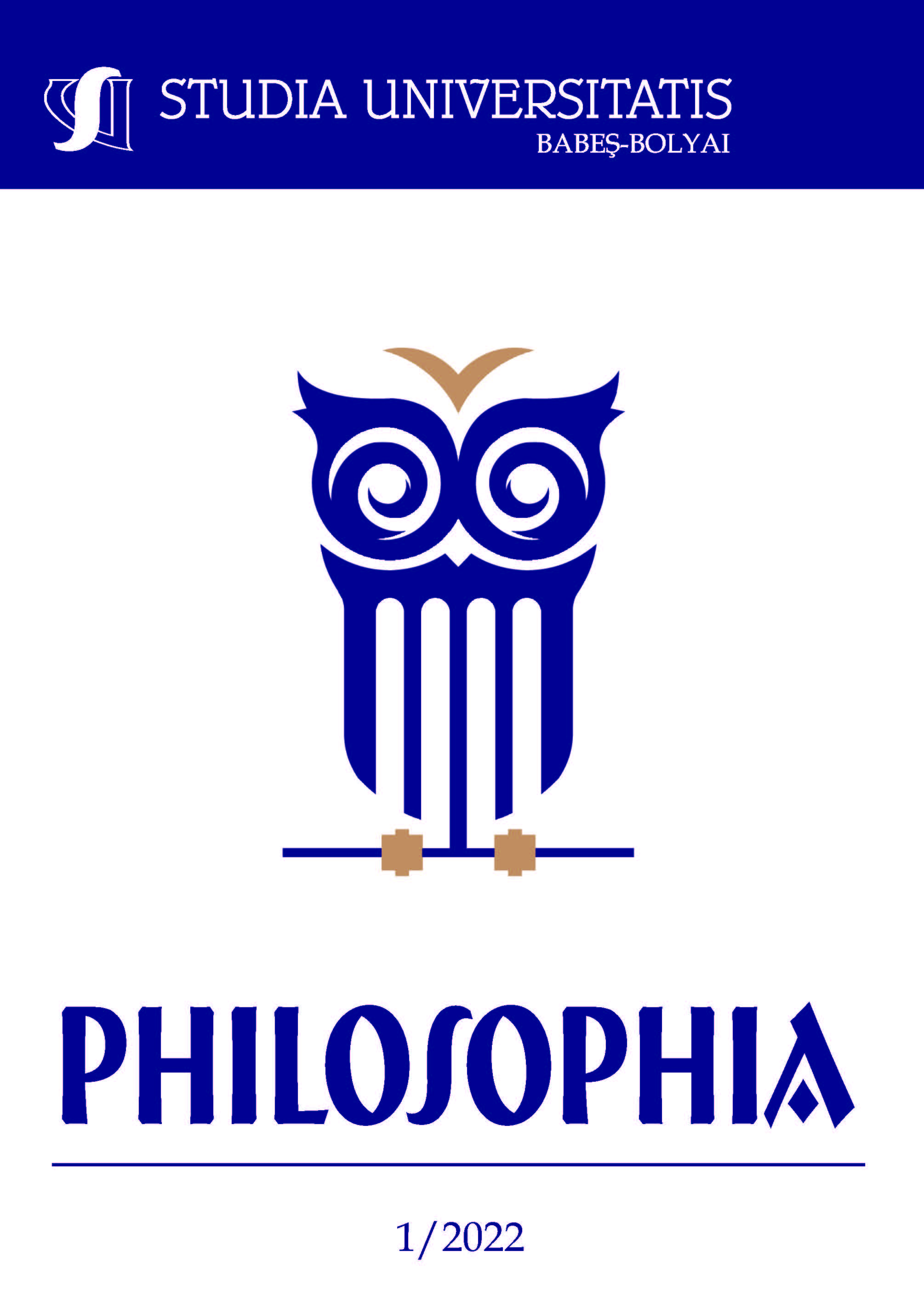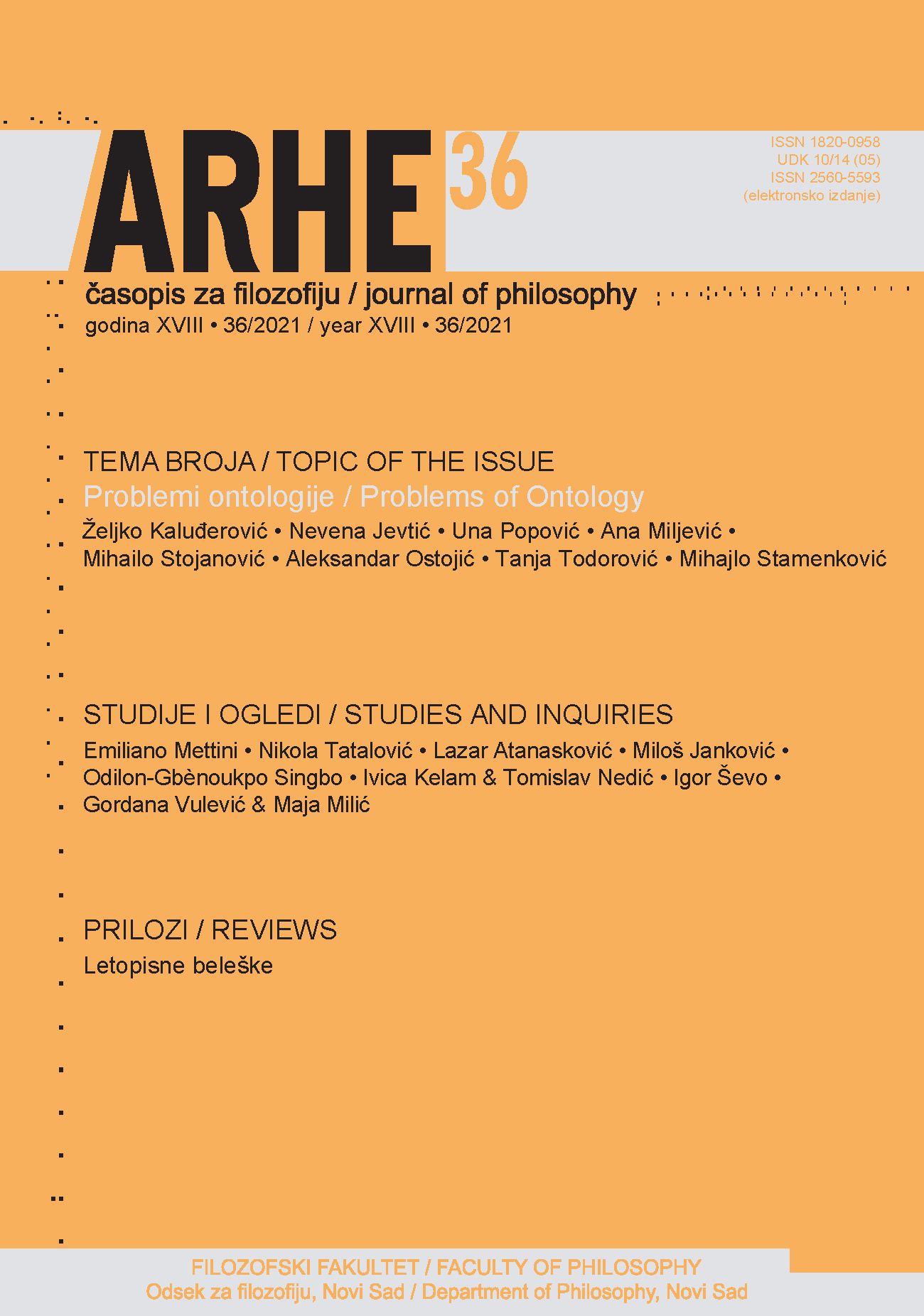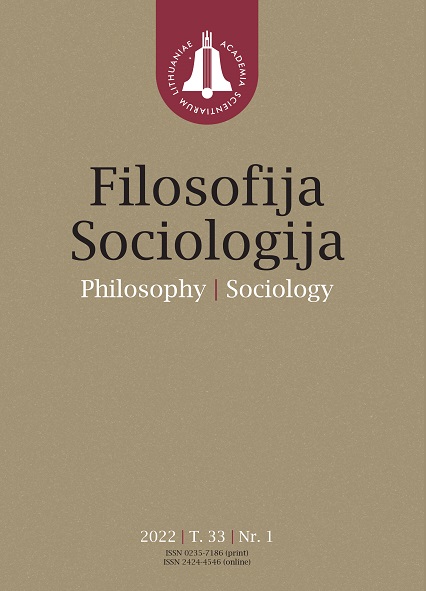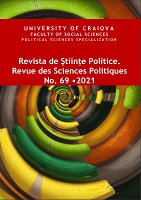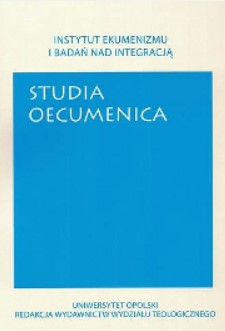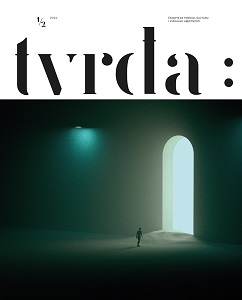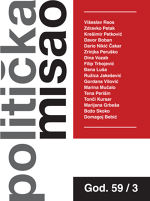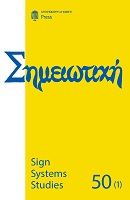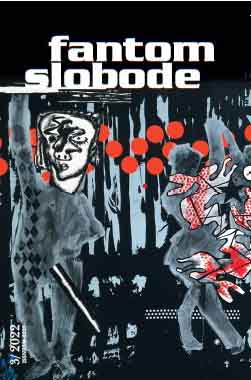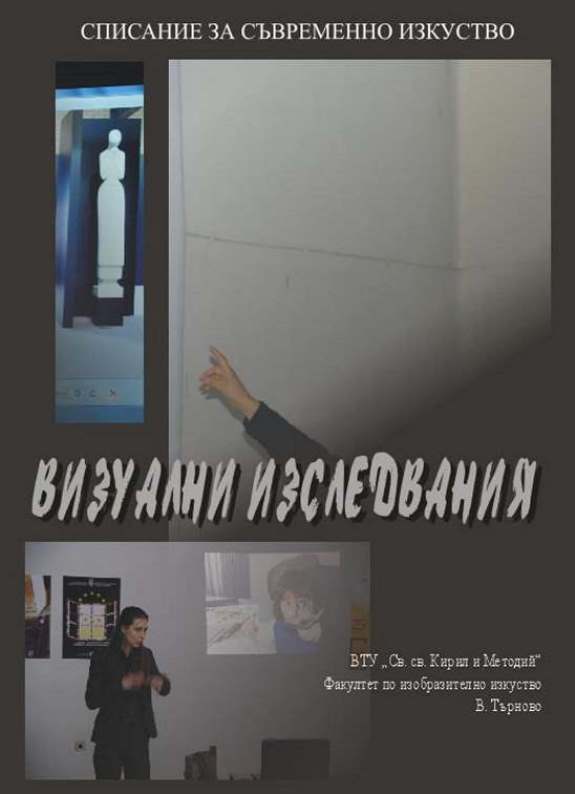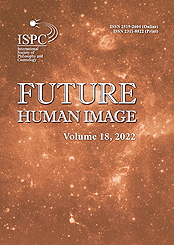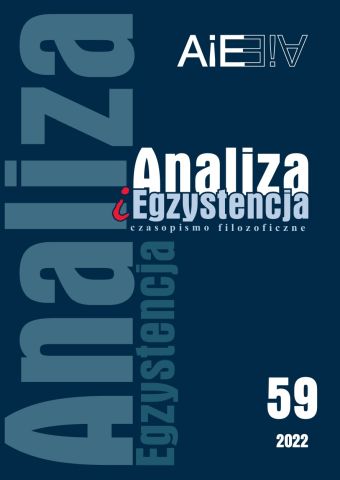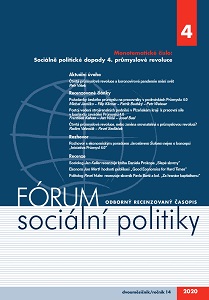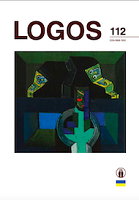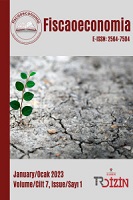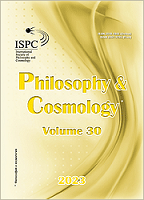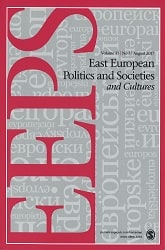
The Roots of Illiberal Nationalism in Romania: A Historical Institutionalist Analysis of the Leninist Legacy
This article is a study of the dynamics behind “illiberal nationalism” in post-Leninist Romania. It seeks to provide a historical institutionalist explanation for the extent to which universalist liberal political principles have proven compatible with nationalist projects in post-Leninist Romania. The author’s hypothesis is that the “illiberal” character of nationalism in contemporary Romania can be traced back to the nation-building project adopted by the Leninist regime in Romania. This nation-building project sought to engineer the reconciliation between nationalism and the universalist ideology of Leninism in much the same way that nationalism and liberalism have been reconciled in the West. Paradoxically, the more successful this Leninist nation building was, the more difficult it would be for post-Leninist elites to define a liberal variant of nationalism, given how deeply Leninist principles became embedded or fused with the nation’s self-image. This counterintuitive logic partially accounts for the illiberal features of nationalism in post-Leninist Romania.
More...
